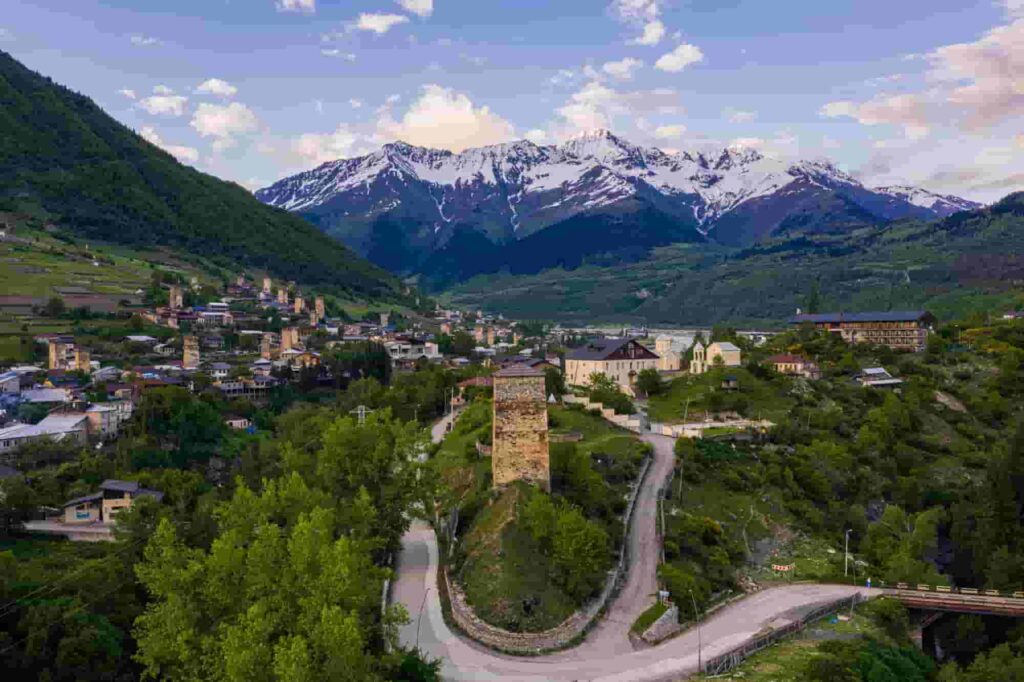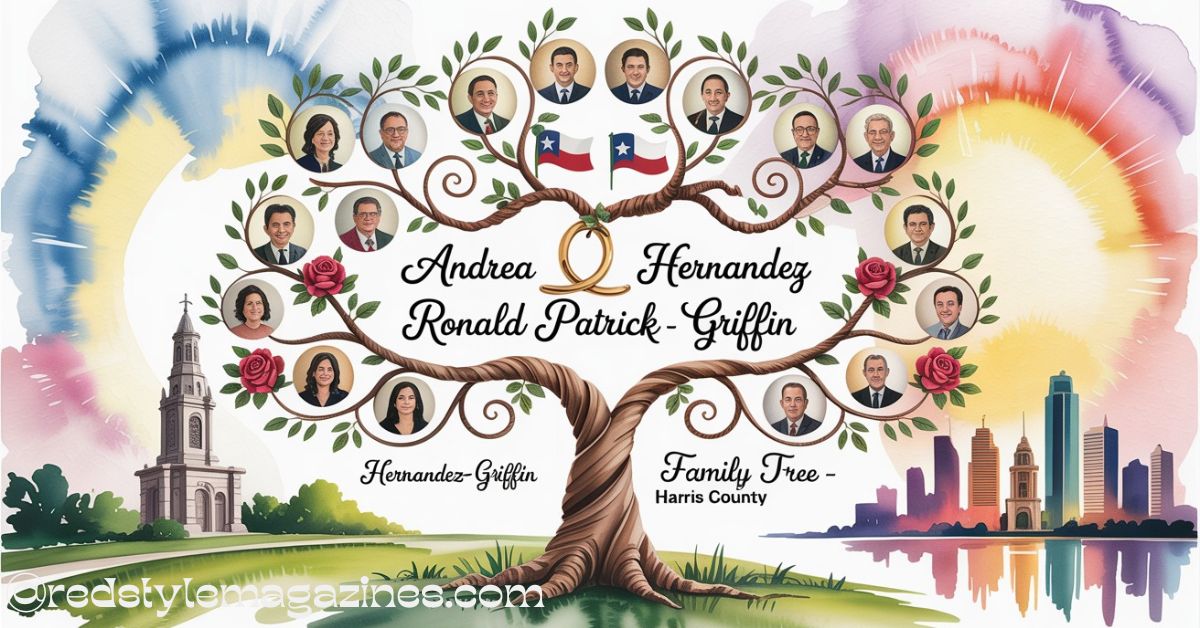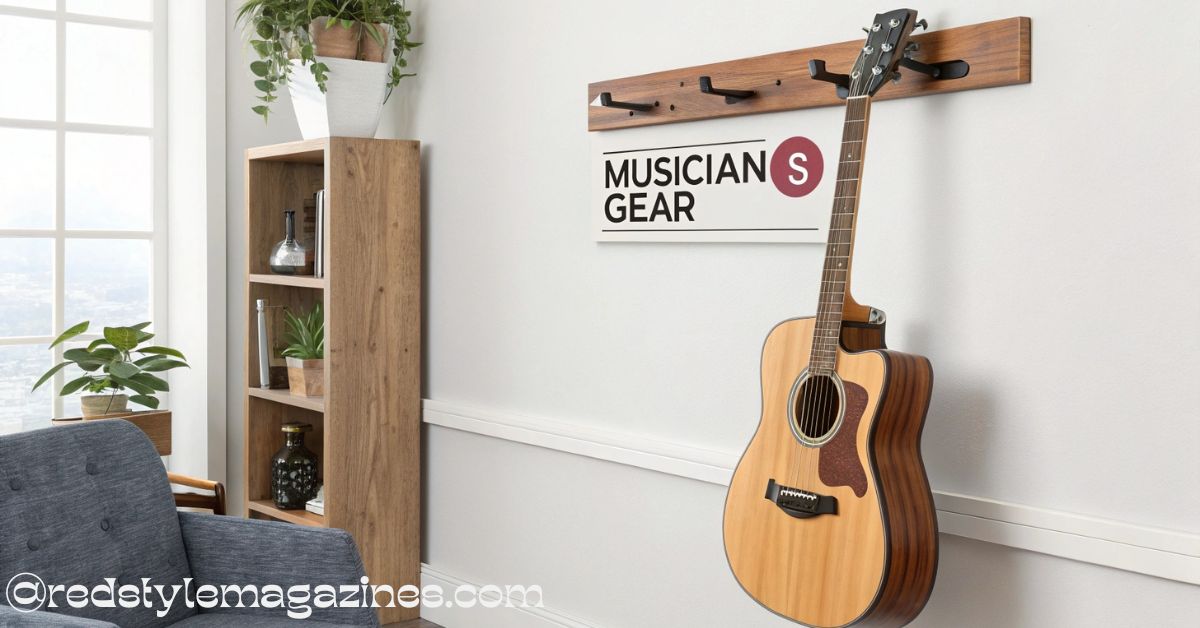On my recent trip to Paris, I learned that wishing “Bon voyage!” to fellow travelers brought smiles and created warm connections. This simple phrase made my journey feel safer and more enjoyable.
“Safe travels in French” translates to “Bon voyage!” This phrase is commonly used to wish someone a good and safe journey, making it a key part of travel etiquette in French-speaking areas. If you’re traveling by air, sea, or road, “Bon voyage!” is always appropriate.
Stay tuned as we explore the nuances of saying “Safe Travels in French” and how it can enhance your travel experiences. Let me know if there is anything else I can help you with.
What Does “Safe Travels” Mean in French?

When traveling abroad, especially to a beautiful destination like France, it’s comforting to know how to wish someone a safe journey in the local language. In French, “safe travels” is commonly expressed as “Bon voyage!” This simple phrase can make a big difference in politeness and cultural understanding.
Using local phrases like this helps you connect with others and enhances your travel experience by building goodwill. A simple gesture like saying “Bon voyage!” can increase positive interactions and make your trip more enjoyable. Next time you wish someone a safe journey, try using this phrase— it’s a small effort that can make a significant impact.
Understanding “Safe Travels in French” – Key Phrases to Know!
With these essential phrases, learn how to wish someone “safe travels” in French. Knowing the right words can help you connect with locals and enhance your experience traveling in French-speaking regions.
Standard Translations and Phrases for Safe Travels in French:
“Bon voyage!” is the most common phrase to wish someone a safe journey. It’s simple and versatile, suitable for any trip, whether for business or leisure. This phrase is always appreciated and shows you care about the person’s travel.
“Bonne route!” is perfect for road trips. It’s like saying “safe journey,” but specifically for traveling by car, motorcycle, or other road transport. It’s the ideal wish for someone embarking on a road adventure.
“Faites bon voyage!” is a more formal way of wishing someone well on their travels. Use this phrase professionally or when you want to show more sincerity in your wish. It’s respectful and conveys a more profound sense of goodwill for the traveler.
Bon Voyage (General Travel) – A Simple and Meaningful Way to Wish Someone Well
“Bon voyage!” is the go-to phrase for wishing someone a safe and pleasant journey, no matter the trip. Whether it’s a short weekend getaway or an extended vacation, this simple phrase works for all types of travel. It’s a quick way to show you care and wish them the best on their adventure. Saying “Bon voyage!” is a great way to add a personal touch to any trip, making it feel more special.
Bonne Route (For Road Trips) – A Thoughtful and Caring Way to Send Someone Off
“Bonne route!” is the perfect phrase for road trips, wishing someone a safe and smooth journey. It translates to “good road,” showing that you care about their safety. This phrase is ideal for anyone about to embark on a drive, whether a short trip or a long-distance adventure. Offering the “Bonne route” adds a thoughtful and personal touch to their travels, making them feel appreciated.
Faites Bon Voyage (Formal Travel Wishes) – A Polite and Respectful Way to Wish Safe Travels
“Faites bon voyage” is a more formal and respectful way to wish someone well on their trip. It’s often used in business or professional settings when you want to show sincerity and respect. This phrase is a great way to convey your best wishes in a professional tone, adding thoughtfulness and professionalism to your travel wishes. It’s perfect for colleagues, clients, or anyone on a significant journey.
Read Also: Arizona Travel in December – Top 60+ Places for Excitement!
How to Say “Safe Travels in French” – The Best Phrases for Every Situation!

Wishing someone safe travels in French can be done in various ways, depending on the context and your relationship with the person. Here are some common expressions to help you convey your well-wishes:
- To a friend: “Bon voyage, mon ami” (Safe travels, my friend). This is a warm and friendly way to wish a close friend a safe journey, making them feel cared for and appreciated.
- To a group: “Bon voyage à tous” (Safe travels, everyone). This phrase is perfect for addressing a group, ensuring everyone feels included in your good wishes, and enhancing the sense of camaraderie.
These phrases can be easily customized to fit different scenarios and relationships, making your wishes more personal and heartfelt. Whether it’s a close friend or a group of colleagues, you can always find the right words to express your sentiment.
Goodbye, and Safe Travels in French:
When parting ways and wishing someone a safe journey, consider these expressions. They blend the sentiment of farewell with well-wishes for their travel, providing a warm send-off:
“Au revoir et bon voyage”: Goodbye and safe travels. This phrase is suitable for most situations. It offers a simple yet sincere farewell that is both polite and heartfelt.
“Adieu et bonne route”: Farewell and safe journey. This slightly more formal way to say goodbye is often used when parting for a longer time, adding a touch of elegance and depth to your farewell.
These expressions combine farewell sentiments with good wishes for a safe journey, making them perfect for heartfelt goodbyes. If you’re saying goodbye to a friend, family member, or colleague, these phrases ensure they feel valued and missed.
Happy and Safe Travels in French:
When wishing someone well as they set off on a trip, offering a heartfelt message that includes fun and safety is admirable. These French expressions are perfect for conveying your good wishes:
“Bonnes vacances et bon voyage” means “Happy holidays and safe travels,” it’s perfect for wishing someone well as they embark on their holiday journey. It combines joy with safety, making it a thoughtful send-off.
“Bonnes vacances et bonne route”: This translates to “Happy holidays and have a safe journey,” emphasizing not only the excitement of the trip but also the importance of staying safe along the way.
These expressions are especially fitting for travelers heading off on holidays, ensuring their experience is filled with happiness and security.
Have Fun and Safe Travels in French:
For trips where enjoyment and adventure are the focus, it’s great to remind travelers to have fun while wishing them a safe journey. These phrases strike the perfect balance:
“Amuse-toi bien et bon voyage” means “Have fun and safe travels.” It’s a friendly and encouraging phrase that expresses excitement and the importance of a safe journey ahead.
“Amuse-toi bien et bonne route”: Translating to “Have fun and have a safe trip,” this phrase adds an extra touch of adventure while still prioritizing safety.
These expressions are ideal for leisure trips, offering excitement and a reminder to stay safe while enjoying the journey.
How to Wish Someone Safe Travels in French?
When you’re looking to wish someone a safe journey in French, you can choose from a few simple yet thoughtful phrases. One of the most common expressions is “Je te souhaite un bon voyage,” which means “I wish you a safe trip.” It’s a warm, personal way to let someone know you’re thinking of them and hoping they have an enjoyable journey.
Another phrase you can use is “Passe un bon voyage,” meaning “Have a good trip.” Both phrases are friendly and considerate, making them perfect for showing you care about the person’s well-being as they head off on their travels. Whether a quick trip or a long adventure, these expressions will ensure your well-wishes are felt.
Context-Specific Travel Wishes in French – Tailor Your Farewell
When wishing someone well on their travels, choosing a phrase that suits their journey is essential. If they’re going on a vacation or business trip, “Bon séjour!” (Have a good stay) is perfect for wishing them an enjoyable time. If they’re returning, “Bon retour!” (Safe return journey) is a thoughtful way to show you care about their safe return. Tailoring your wishes to their specific journey makes your message more meaningful.
Read Also: Explore Loop Bandera Valle del Cauca– A Hidden Gem!
Common Mistakes and Correct Usage – How to Properly Wish Someone Safe Travels in French!
Here’s a simplified guide to avoid common mistakes when wishing someone safe travels in French. It’s essential to use the correct phrase depending on the type of journey and destination:
| Mistake | Correct Usage | Explanation |
| “Von voyage” | “Bon voyage” | “Bon voyage” is the correct phrase meaning “good journey.” |
| Contextual Mistakes | “Bon vol,” “Bonne traversée,” “Bonne route,” “Bon séjour” | Use the correct phrase for the type of travel: air, sea, road, or stay. |
Similar Phrases in Other Languages – Expand Your Travel Wish Vocabulary!
If you’re traveling or communicating with people from different cultures, learning how to wish someone safe travels in various languages can be a thoughtful gesture. Here are similar phrases in other languages that convey the exact warm wishes for a safe journey:
Spanish – “Buen viaje”
In Spanish, “Buen viaje” translates to “safe travels.” It’s commonly used in Spanish-speaking countries, much like “Bon voyage” in French, making it a great phrase when sending someone off on their journey. You can use it casually and formally, offering a warm wish for their travels.
German – “Gute Reise”
In German, “Gute Reise” means “safe journey.” This is the direct equivalent of “Bon voyage” in French and is widely used to wish someone a safe and pleasant trip in German-speaking regions. It can be said with sincerity whether someone travels for business or pleasure.
Latin – “Bene navigare”
For a more classical touch, “Bene navigate” translates to “good sailing” in Latin. While not commonly used in modern-day conversations, it’s still used in historical or academic contexts to refer to safe travel, especially by sea. It’s a poetic and elegant way to wish someone well on a journey, especially in scholarly or literary references.
FAQ’s
Do the French say “bon voyage”?
Yes, the French do say, “Bon voyage!” It’s a common and traditional phrase to wish someone a pleasant and safe trip, whether for a short or long journey.
Does “Bon voyage” mean safe travels?
While “Bon voyage” translates to “have a good trip,” similar to wishing someone safe travels. It expresses the hope that the person enjoys their journey safely and comfortably.
How do you wish someone for safe travel?
You can say “Bon voyage” in French to wish someone a safe trip. For added emphasis on safety, you could say “Faites un bon et sûr voyage,” which means “Have a good and safe trip.”
Is it okay to say “bon voyage”?
Yes, it’s entirely appropriate to say “Bon voyage” when someone is about to travel. It’s a polite and thoughtful way to wish someone well on their journey.
How do I reply to “Bon voyage”?
A typical response to “Bon voyage” is “Merci!” (Thank you!) or “Merci, à bientôt!” (Thank you, see you soon!). This acknowledges the good wishes and shows appreciation for the sentiment.
Do French people say “bonsoir”?
Yes, “Bonsoir” is frequently used in France, especially in the evening. It’s a polite greeting that means “good evening,” typically after around 6 PM, when the day transitions into night.
What do the French say when someone dies?
When someone passes away, the French often say “Mes condoléances” (My condolences) to express sympathy. It’s a respectful and formal way to comfort the grieving family.
What country says “bon voyage”?
While “Bon voyage” is a French phrase, it’s also commonly used in many other countries, especially in regions where French is spoken, like parts of Canada, Belgium, and Switzerland. It has also spread into popular culture globally.
What is the most famous French phrase?
One of the most famous French phrases is “C’est la vie,” which means “That’s life.” It reflects the French attitude of accepting life’s ups and downs with grace and understanding.
Conclusion
Wishing someone Safe Travels in French is a thoughtful way to show care and respect. By using phrases like “Bon voyage,” “Bonne route,” and “Bon séjour,” you can ensure your well-wishes are both accurate and appreciated. If you’re traveling for business, vacation, or study, knowing these phrases will enhance your interactions and make your travels more enjoyable.
Read Also:
7 Hidden Gems in Goodmooddotcom Travel Archives – Find Next!
Celebrities with Veneers – 5 Secrets to a Dazzling Smile!
Aaron Kendrick De Niro – 5 Inspiring Facts About His Legacy!




